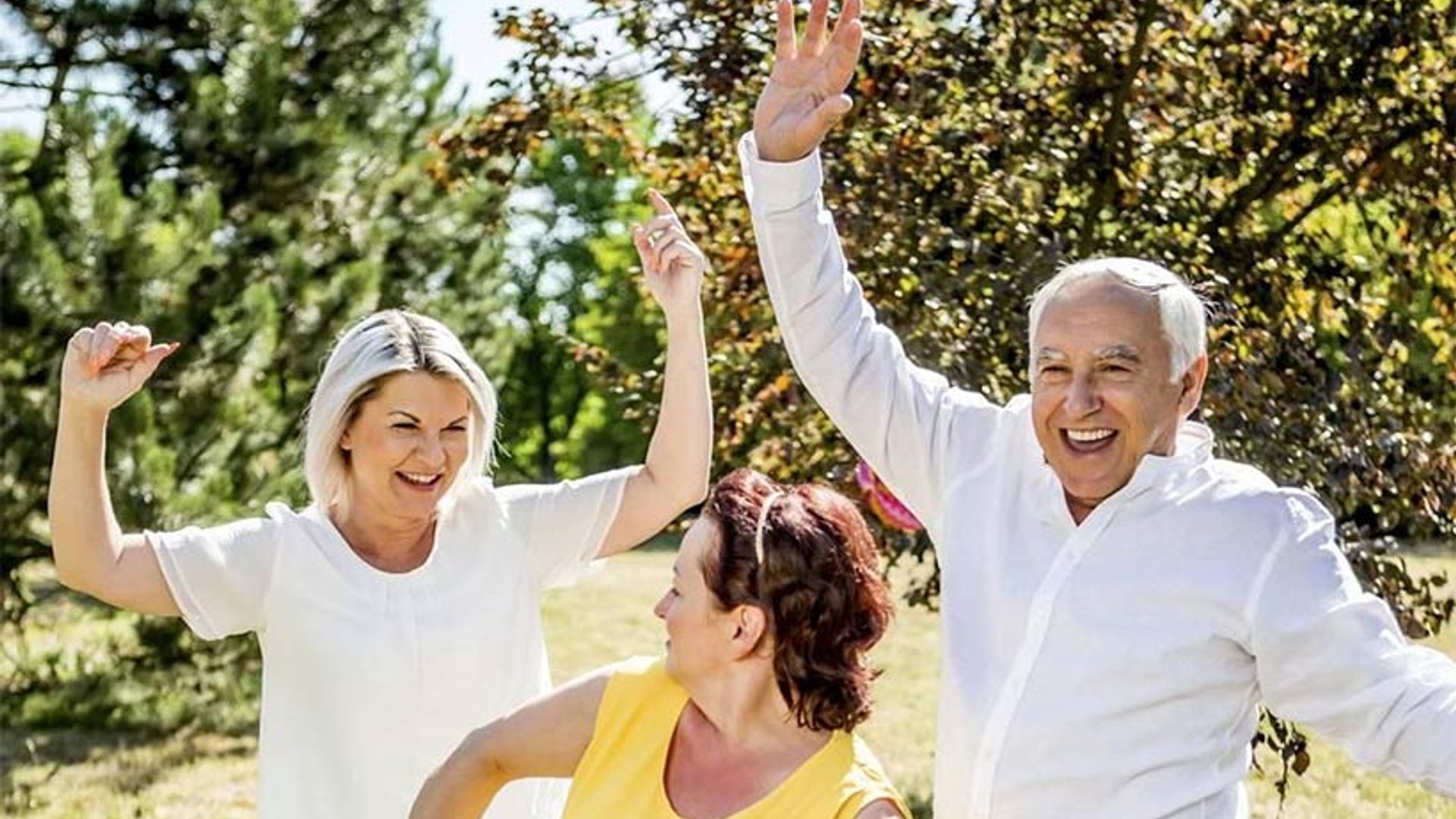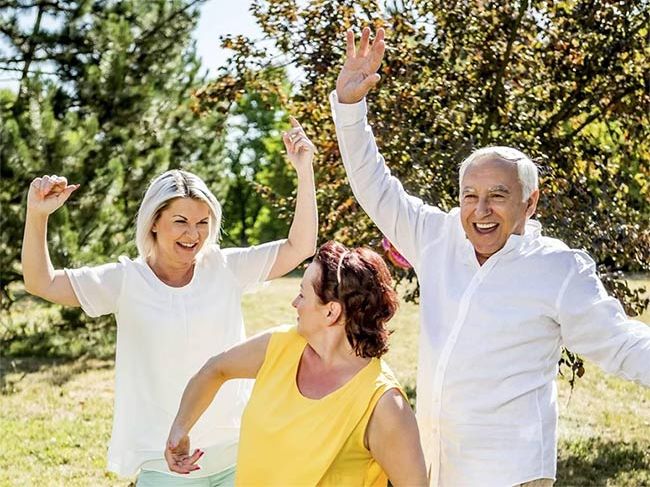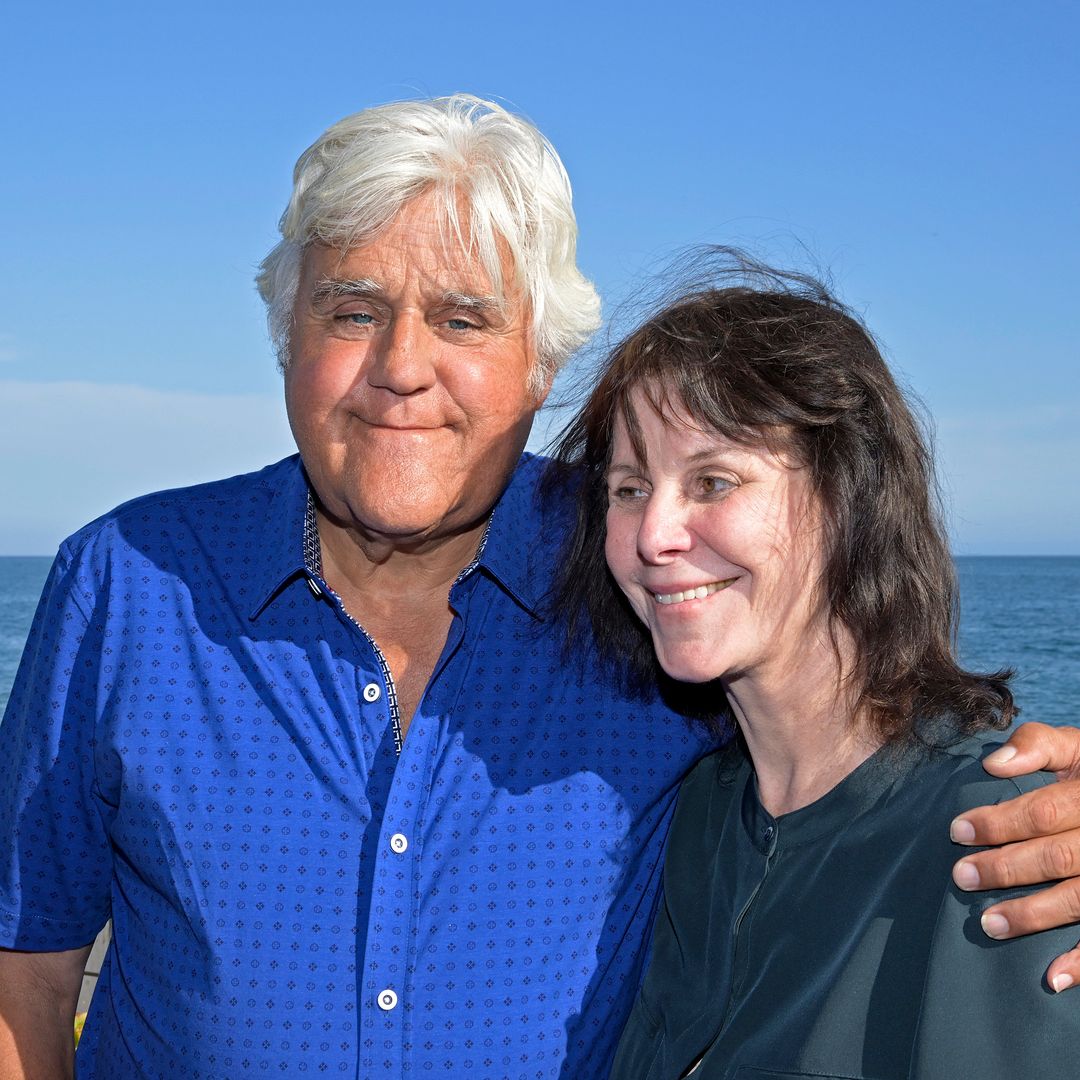Lifestyle changes like quitting smoking over the age of 65, exercising and treating hearing loss in middle age could prevent one in three dementia cases, according to experts. A new report by the Lancet Commission on dementia prevention, intervention and care listed nine factors that could drastically lower the cases of dementia.
People can start reducing their risk as early as childhood, with getting an education to at least the age of 15 one of the nine ways to cut your chance of developing the brain declining syndrome. Education ranked second on the list, with experts claiming it could cut the overall dementia diagnoses by eight per cent, with dealing with midlife hearing loss coming in top at nine per cent reduced risk.
A number of lifestyle changes can boost your brain health
Stopping all smoking in over-65s, treating depression and being physically active over 65 came in with a five, four and three per cent lowered risk respectively. Next is putting an end to loneliness with stopping social isolation, and tackling high blood pressure, both which would cause cases to drop by two per cent. Lastly, with one per cent, is preventing diabetes in old age and obesity.
STORY: The signs and symptoms of dementia to look out for
"There are a lot of things that individuals can do, and there are a lot of things that public health and policy can do, to reduce the numbers of people developing dementia," said co-author Gill Livingston, professor of psychiatry of older people at University College London. "People tend to think there's nothing they can do about dementia but there is something," author Professor Clive Ballard added.
"We've already shown over the last decade that treating medical risks in mid-life better does make a difference. If at least a third of the factors are potentially modifiable then there are things we can all do." The report has been published in The Lancet medical journal.










